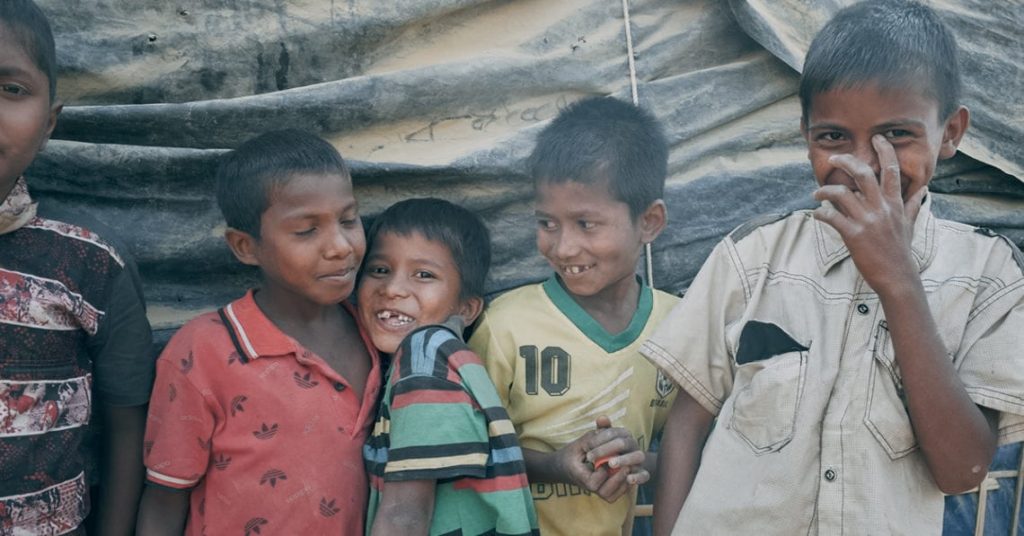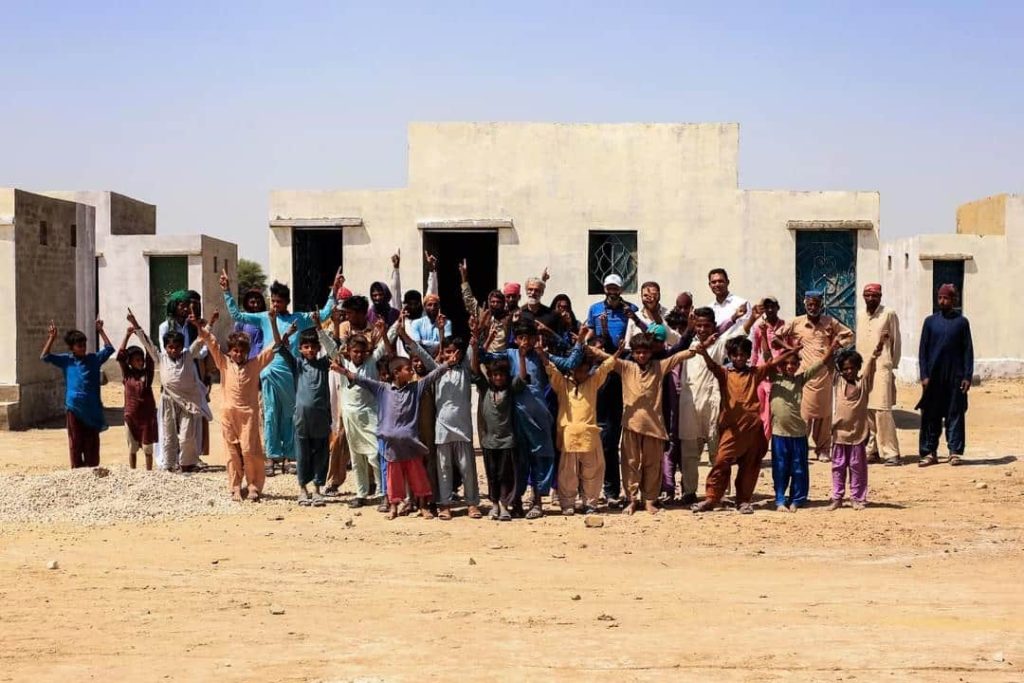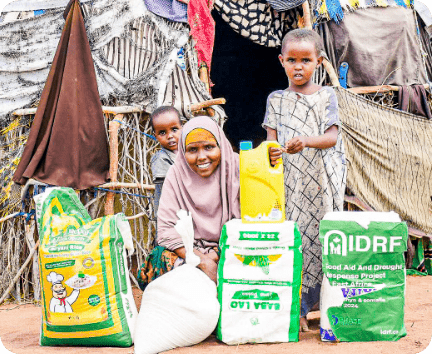It was March 2018, seven months after the Rohingya genocide in Myanmar. Elyas Burney (IDRF Program Manager) and I were in Cox’s Bazar, Bangladesh, to distribute some emergency relief food parcels to refugee families and to try to figure out what else IDRF could do to help.
We started responding to the Rohingya refugee crisis in September 2017 after an ethnic cleansing campaign that shocked the world and forced over 1 million people to seek refuge in Bangladesh. When we arrived at the camps, it was clear that preventing malnutrition and securing safe shelters in a region prone to mudslides and heavy rains were top priority.
The number of unaccompanied minors (lone children) shocked us the most. Initial reports claimed that 60% of the Rohingya refugees were children. However, it felt more like 80%.
Kids would follow us around the camps and even chase our van hoping to get some extra food or money. This experience brought back memories of my time working in Somalia doing similar relief work. One memory that replays in my mind is the image of a father in Somalia who chased our van. He wanted to give us his son because he didn’t want to lose another child to starvation.
There are 800 million people who do not have enough food to live a healthy life. Yemen alone has over 20 million people that wake up every day with nothing to eat. My goal is not to sound cynical but to highlight the immense challenges that millions of people around the world face. Challenges that are now exacerbated by a global pandemic with no vaccine.
There are organizations around the world doing fantastic work to enhance food security and nutrition. At IDRF, our programs support over 250,000 people across the globe in complex emergencies and remote regions. Our food programs are designed to meet the essential needs of families while also considering long term community development to ensure people can recover but also become more resilient.
Not having access to essentials like food, water and healthcare can limit one’s ability to attend school, go to work and become self-sufficient. Our goal at IDRF is to ensure that communities in need have access to adequate gender-inclusive development and relief programming. We also believe that short-term development programs complement long term relief efforts. For instance, by ensuring a teenaged girl in Uganda has access to clean water, food, and feminine menstrual items, we can help her go to school regularly without having to walk three hours a day for water or miss school because she is menstruating.
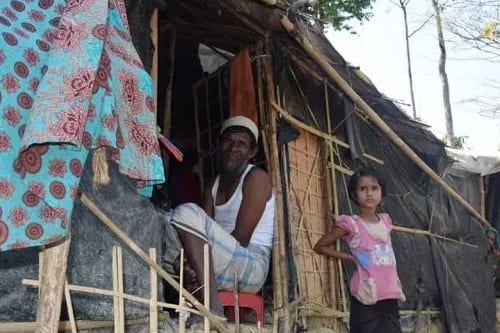
Giving a family a food package provides relief in the short term. However, in the long run, when children achieve food security, parents can focus on their livelihoods, earn an income and prepare their children for a better future. The father I met in Somalia should be in a position to help his son reach his true potential instead of having to contemplate giving him away to a stranger so that he can survive.
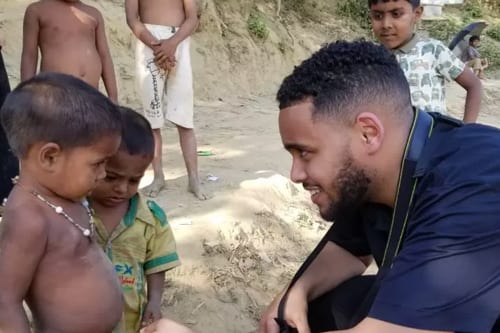
About the Author
Nabil Ali is the Director of Programs at the International Development and Relief Foundation (IDRF), where he leads humanitarian and sustainable development projects across several continents. He helped IDRF develop its domestic programs portfolio, which supports youth through job readiness training, educational support and women in tech across Canada.
Before joining IDRF, he worked in Somalia, Kenya and Ethiopia as a research consultant for UNICEF. During his time in East-Africa, he led UNICEF’s Rapid Education project, which evaluated the overall education infrastructure across 6,000 schools. Nabil holds a B.A. in International Development from York University and Post Graduate degree from the University of Toronto in International Project Management & Sustainability. He currently serves on the Board of Licensed to Learn and the OCIC.
Nabil Ali
Director of Programs
